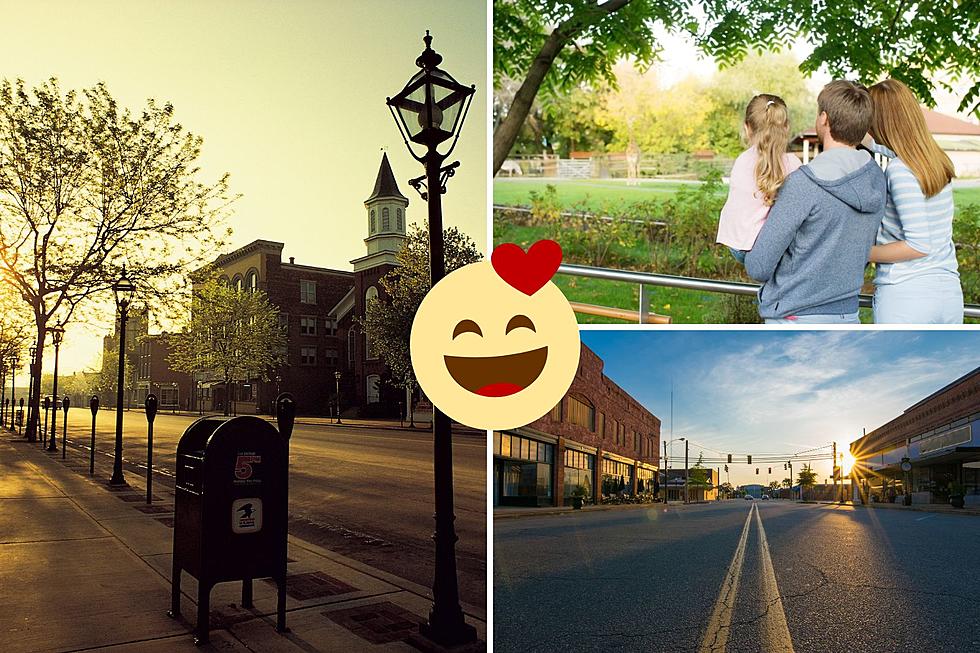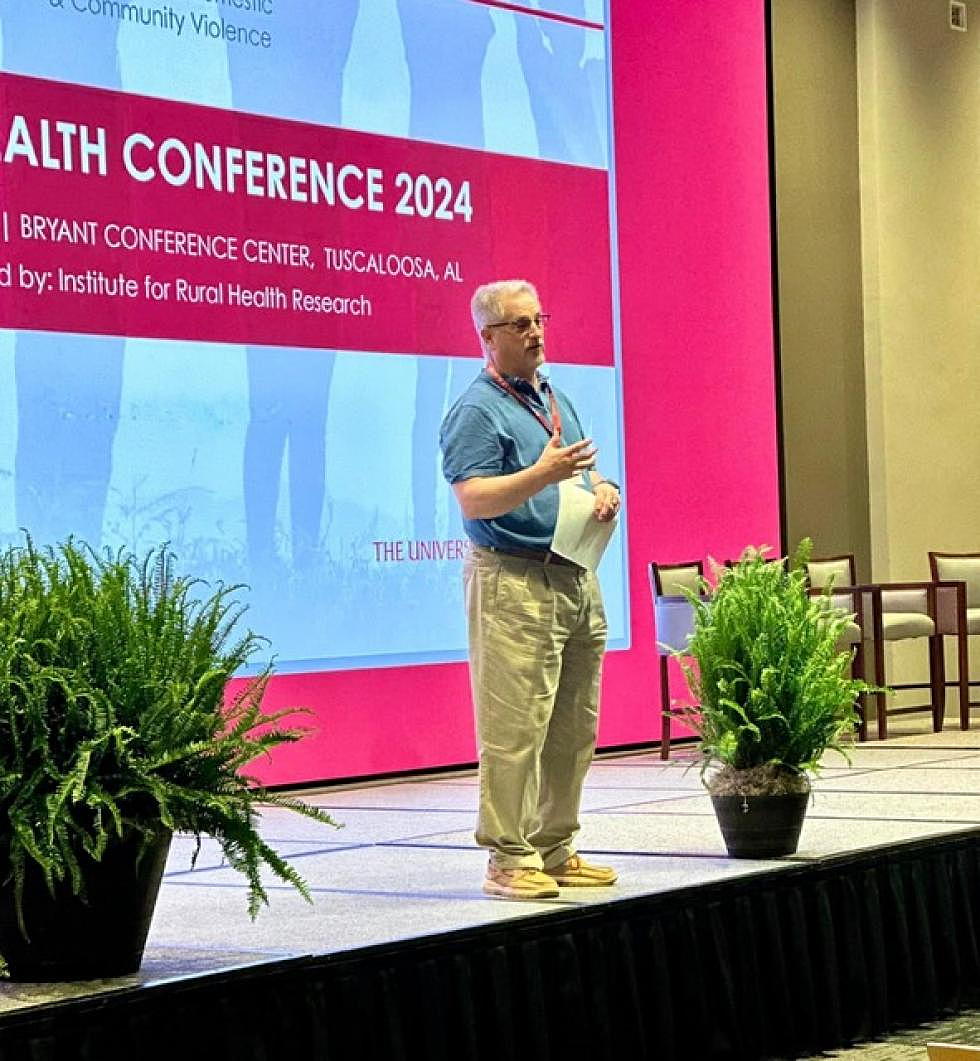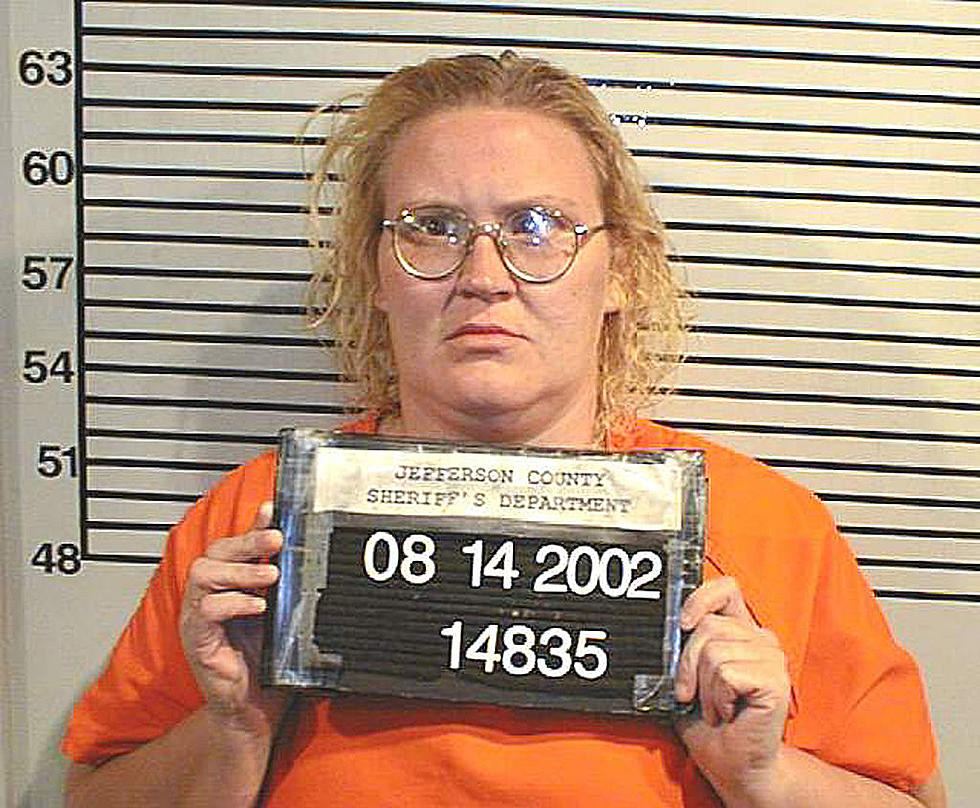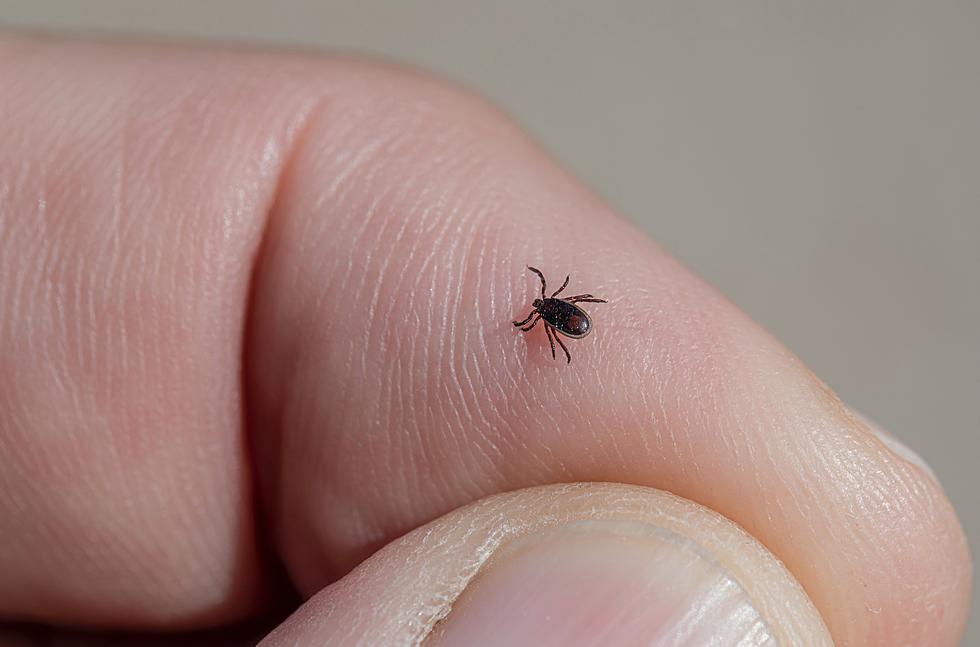
Tuscaloosa County on CDC Nationwide Watch List
A spike of 201 COVID 19 cases in seven days for a 56% increase has landed Tuscaloosa County on the Centers for Disease Control and Prevention’s (CDC) COVID-19 County National Watch List. “We have seen an explosion in the number of confirmed cases,” lamented Tuscaloosa Mayor Walt Maddox. “They are continuing to trend up.”
During a Mayor’s Virtual Town Hall today, infectious disease specialist Dr. Albert White urged residents to consider what sparked the increase. “There are several things,” according to White. “Testing has ramped up, transfer of patients from local facilities to the hospital and patients from surrounding counties have contributed to the increase.”
Those local facilities include at a nursing home where 27 residents and staff tested positive (one died) and the Metro Jail where 21 prisoners recently tested positive. As a regional medical center, DCH also serves the 11 county West Alabama area. Many of those counties do not have hospitals or have hospitals with smaller capacities.
“Institutions generally have people at higher risk such as older persons with pre-existing medical conditions in nursing homes,” Dr. White added.
Despite the hike in the number of COVID-19 patients being treated in intensive care and on ventilators at DCH, Tuscaloosa County’s per capita positive rate is still lower than that of the state.
DCH Chief Medical Officer Dr. Robin Wilson put the numbers of deaths at the medical center since the onset of the pandemic in perspective, “There have been 33 deaths at DCH to date, 20 of them have come from outside Tuscaloosa County.”
Both doctors emphasize that neither DCH or Northport Hospital are at capacity. Plus, while there are patients infected with the coronavirus in the Intensive Care Unit, they are not the only patients in need of the intensive care.
Dr. Wilson says the medical staff is always focused on ICU capacity. He says In advance of this they had already started planning for the real impact a few months ago. “We took one of our medical units and converted 14 rooms into ICU beds. Those have been used for ICU level care,” Dr. Wilson stated. “We also have four cardiac surgical units that have been remodeled and are available. So, we have added up to 18 or 19 new beds in addition to our 72-bed configuration.” Dr. Wilson points to those additions as giving the hospital a cushion to work with.
Mayor Maddox believes Tuscaloosa was as ready or more ready than other communities for the pandemic because of measures taken in March when the virus first began to rapidly spread. “One of the reasons we took actions in late March was to buy ourselves time to get ready. The reason we are able to handle the situation today is we were proactive at the front end of this crisis.”
But it is not just facilities that have been stressed, so has staffing. “In addition to increasing our supply of ventilators, adding more ICU beds, finding additional areas to put in med surge beds; we have also had to increase our staffing,” Dr. Wilson told the mayor. “We use what is called travel nurses. They are premium nurses who travel throughout the country. With all that is going on…we are providing additional financial resources to staff nurses for ICU capacity as well as med surge capacity and the ED (Emergency Department).”
DCH, like hospitals across the nation was dealing with exorbitant healthcare costs when the coronavirus struck. According to the Alabama Hospital Association, hospitals in the state have spend hundreds of millions of dollars to deal with the pandemic.
Mayor Maddox points to the best way to take pressure off DCH, “If we all do our job, if we take the necessary precautions we can slow down community spread and if we do that then the likelihood is we are not going to exceed our capacity. I have every confidence in our plan here and we are doing everything possible to keep our community safe.”

More From 95.3 The Bear









